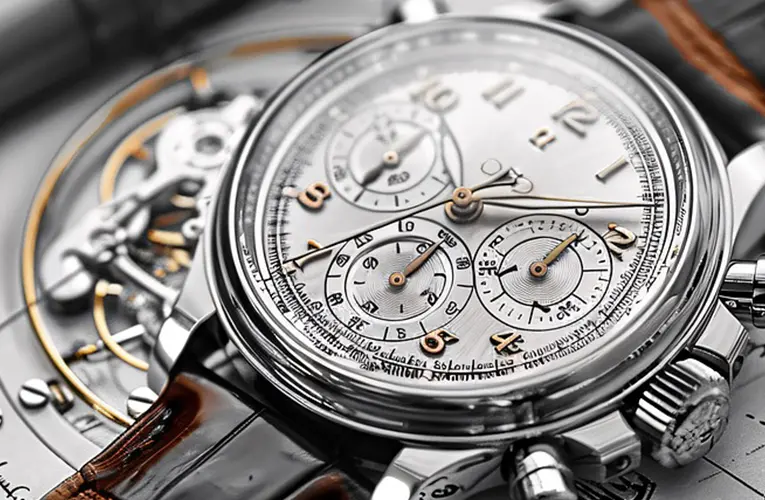“Pedaling Prestige: Luxury Bikes on Campus at Stanford, Harvard, and Yale”
In the hallowed halls of Stanford, Harvard, and Yale, where academic excellence meets a tradition of privilege, a unique symbol of status emerges: luxury bicycles. These campuses, renowned for their prestige and historical significance, provide fertile ground for exploring the intersection of wealth, lifestyle, and higher education. This in-depth analysis examines the phenomenon of luxury bikes on campus, shedding light on their cultural significance, economic implications, and the narratives they weave within these esteemed institutions.
### Cultural Significance
Luxury bikes at Stanford, Harvard, and Yale serve as more than mere modes of transportation; they embody a cultural narrative deeply intertwined with status and identity:
1. **Symbol of Affluence**: Luxury bikes, adorned with prestigious brands and high-end components, symbolize affluence and exclusivity within the campus community. Owning such a bike signals not only financial means but also a commitment to luxury and craftsmanship.
2. **Lifestyle Statement**: For students and faculty alike, luxury bikes represent a lifestyle choice that prioritizes elegance, sustainability, and performance. These bikes often feature advanced technology, ergonomic designs, and artisanal craftsmanship, appealing to individuals who appreciate both aesthetics and functionality.
3. **Community and Identity**: The presence of luxury bikes fosters a sense of community and belonging among affluent members of the campus. Shared appreciation for craftsmanship and design creates connections that transcend academic and social boundaries, reinforcing a sense of elite identity.
### Economic Implications
The proliferation of luxury bikes on these campuses raises questions about economic disparities and access to resources:
1. **Wealth Disparities**: The prevalence of luxury bikes highlights economic disparities within higher education institutions, where some students can afford extravagant accessories while others face financial constraints. This disparity underscores broader socio-economic inequalities present in academia.
2. **Consumerism and Branding**: Luxury bikes contribute to a culture of consumerism and brand association within campus environments. Students and faculty may prioritize brand recognition and status symbols, influencing purchasing decisions and perpetuating cycles of conspicuous consumption.
3. **Market Influence**: The demand for luxury bikes on elite campuses influences market trends and product offerings within the cycling industry. Brands cater to affluent consumers by introducing exclusive models and customization options, further solidifying their presence in the luxury market.
### Narratives of Prestige
Luxury bikes at Stanford, Harvard, and Yale contribute to narratives of prestige and tradition, shaping perceptions of these institutions both internally and externally:
1. **Historical Context**: The tradition of luxury bikes on campus reflects historical narratives of privilege and exclusivity associated with elite universities. This tradition evolves over time, adapting to contemporary values of sustainability, innovation, and personal expression.
2. **Public Perception**: Externally, the presence of luxury bikes reinforces perceptions of Stanford, Harvard, and Yale as bastions of wealth and privilege. These symbols contribute to the institutions’ reputations as centers of excellence attended by the societal elite.
3. **Cultural Critique**: The phenomenon of luxury bikes also invites cultural critique regarding values of materialism, inequality, and societal priorities. Discussions about wealth distribution, access to education, and campus culture emerge as luxury bikes serve as tangible symbols of broader societal issues.
### Conclusion
Luxury bikes at Stanford, Harvard, and Yale serve as captivating symbols of prestige, wealth, and lifestyle within the academic landscape. They embody cultural narratives of affluence, community identity, and economic disparity while contributing to the institutions’ historical legacies and public perceptions. As these campuses continue to evolve, the presence of luxury bikes prompts reflection on the intersection of privilege, consumer culture, and higher education ideals.









